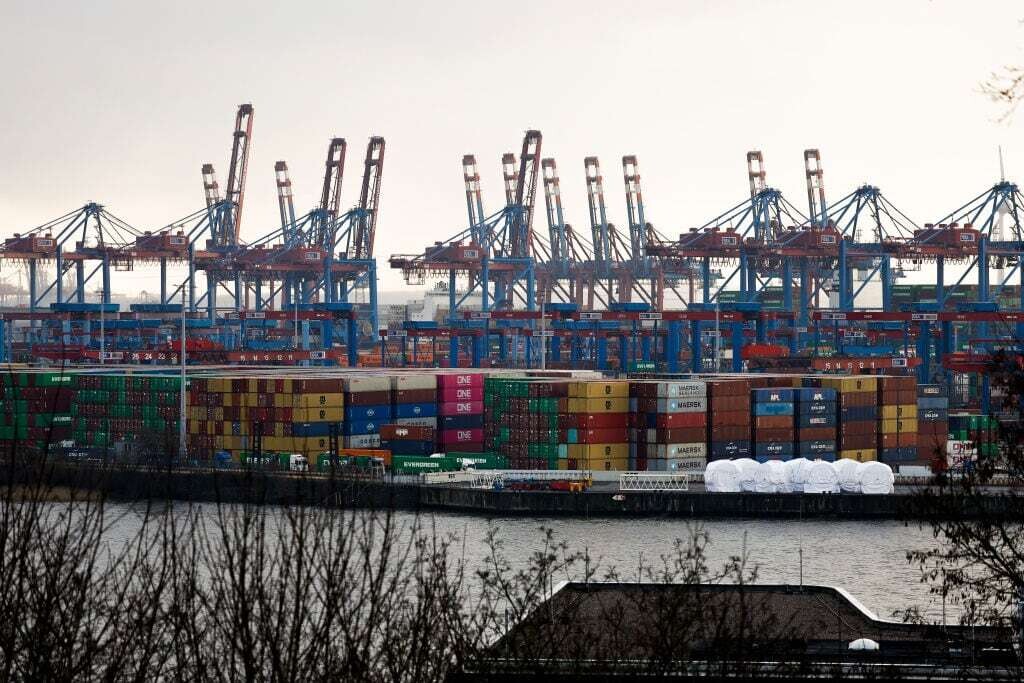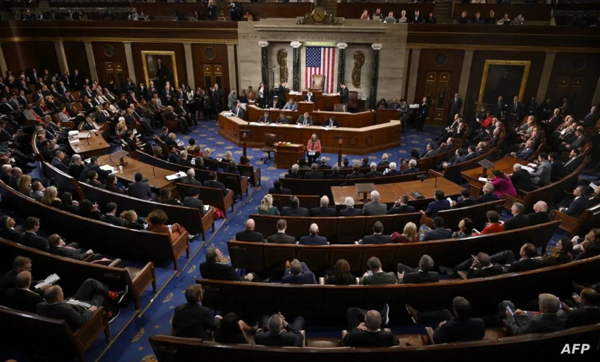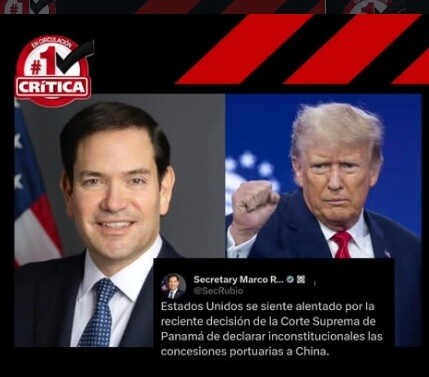
The President of the United States, Donald Trump, perceives the world as a love-hate relationship. He believes that many countries have taken advantage of the United States for a long time and that change is necessary. Trump has threatened to impose tariffs on several countries, triggering a global trade war.
The European Union, for example, has been warned by Trump about the imposition of tariffs, which has generated uncertainty in the economic sphere. Although it is expected that agreements and negotiations will be reached before the measures come into effect, tensions are rising.
Tariffs negatively impact both sides, and several countries have expressed their rejection of these measures. For the global economy, this situation represents a significant challenge, as it increases inflation and interest rates, harming foreign investment.
Amid Trump’s threats, the European Union considers trade with the United States fundamental, representing about 30% of global trade. There is concern about potential retaliation that could be activated if tariffs on European products are implemented.
In this context, Juan Leobardo Vázquez, an economics professor, pointed out that a change in the global economic order is emerging, where the United States and China will play a dominant role. Although trade tensions are temporary, it is difficult to predict how they will evolve and what the long-term consequences will be for the global economy.














